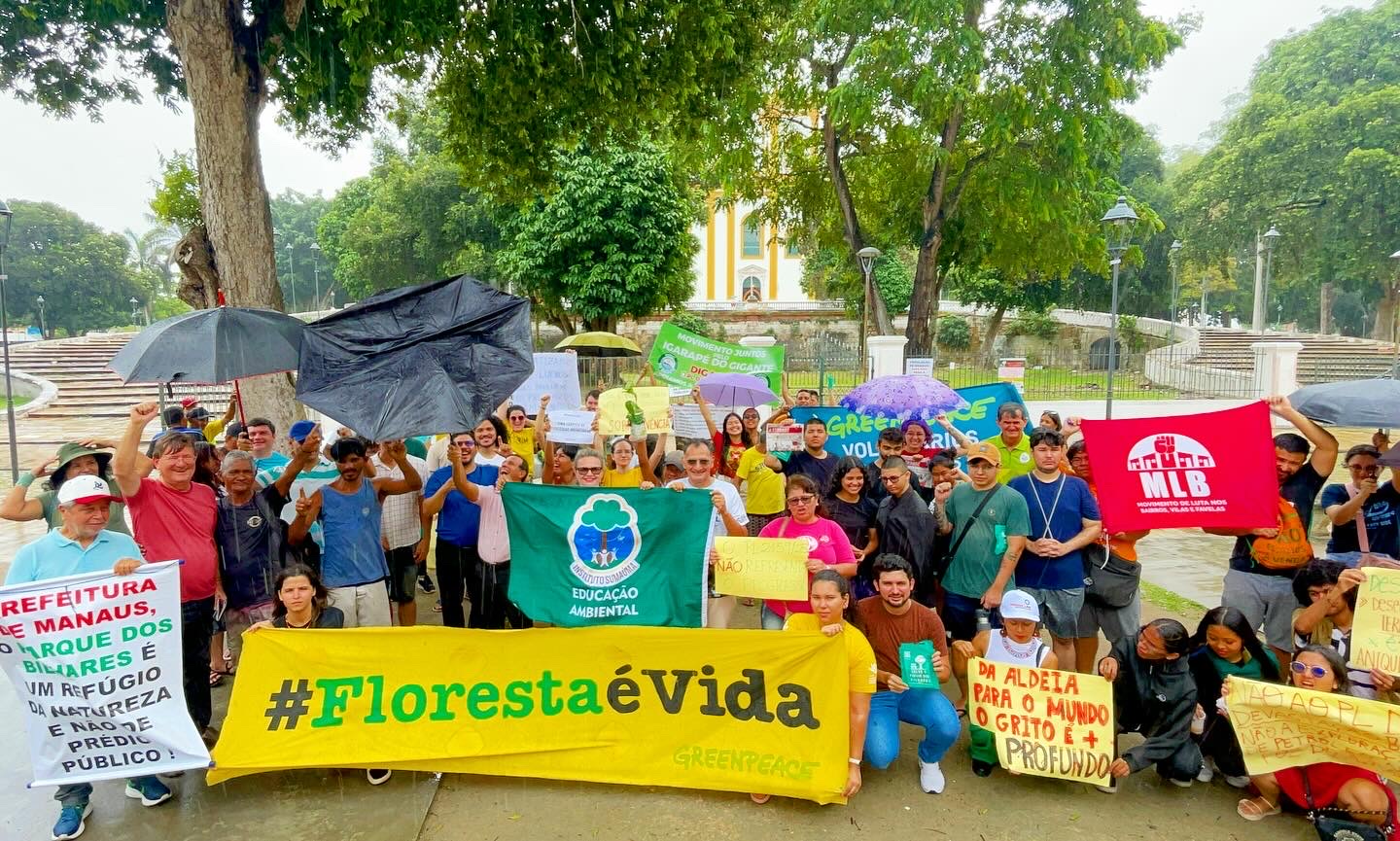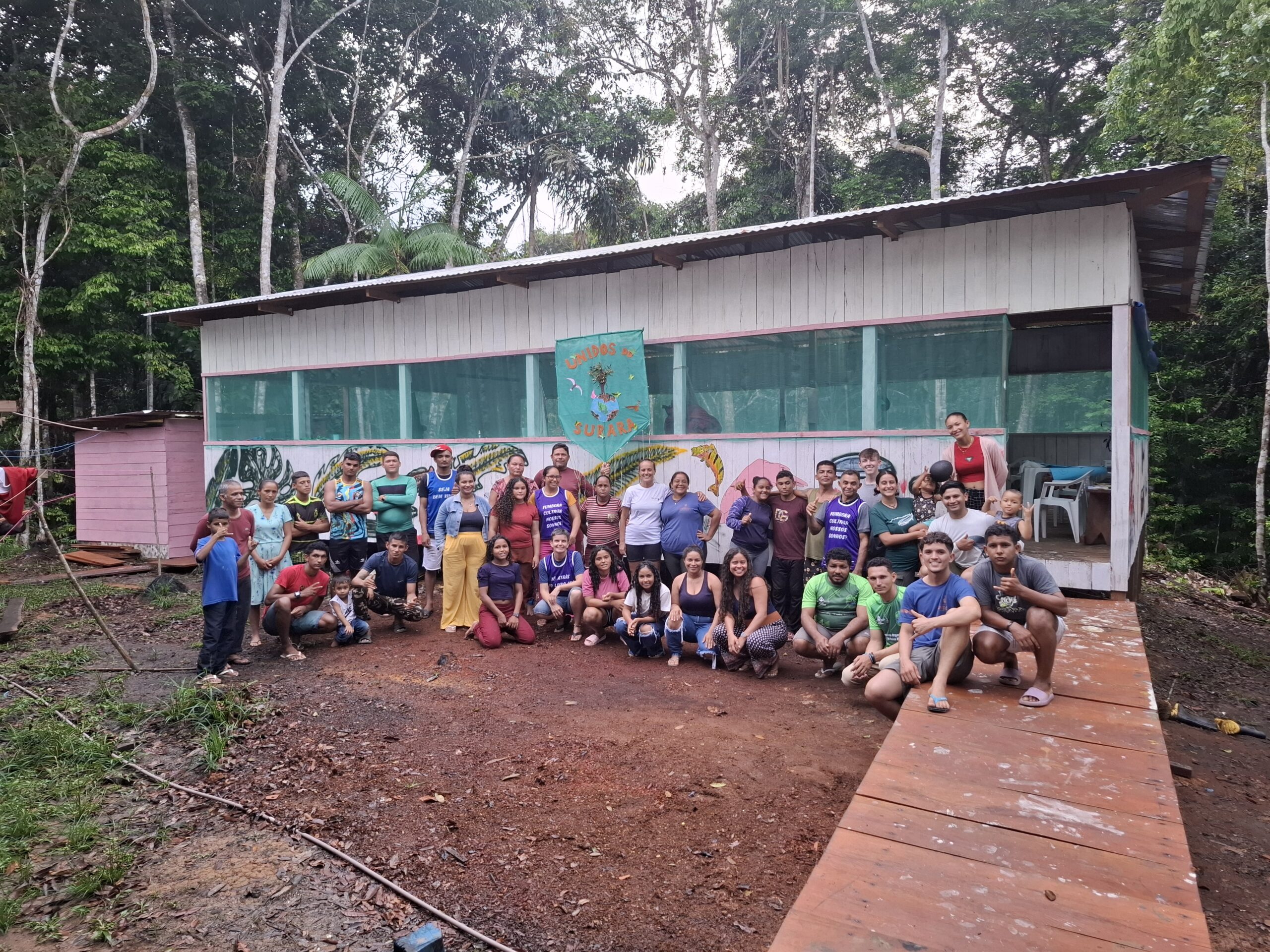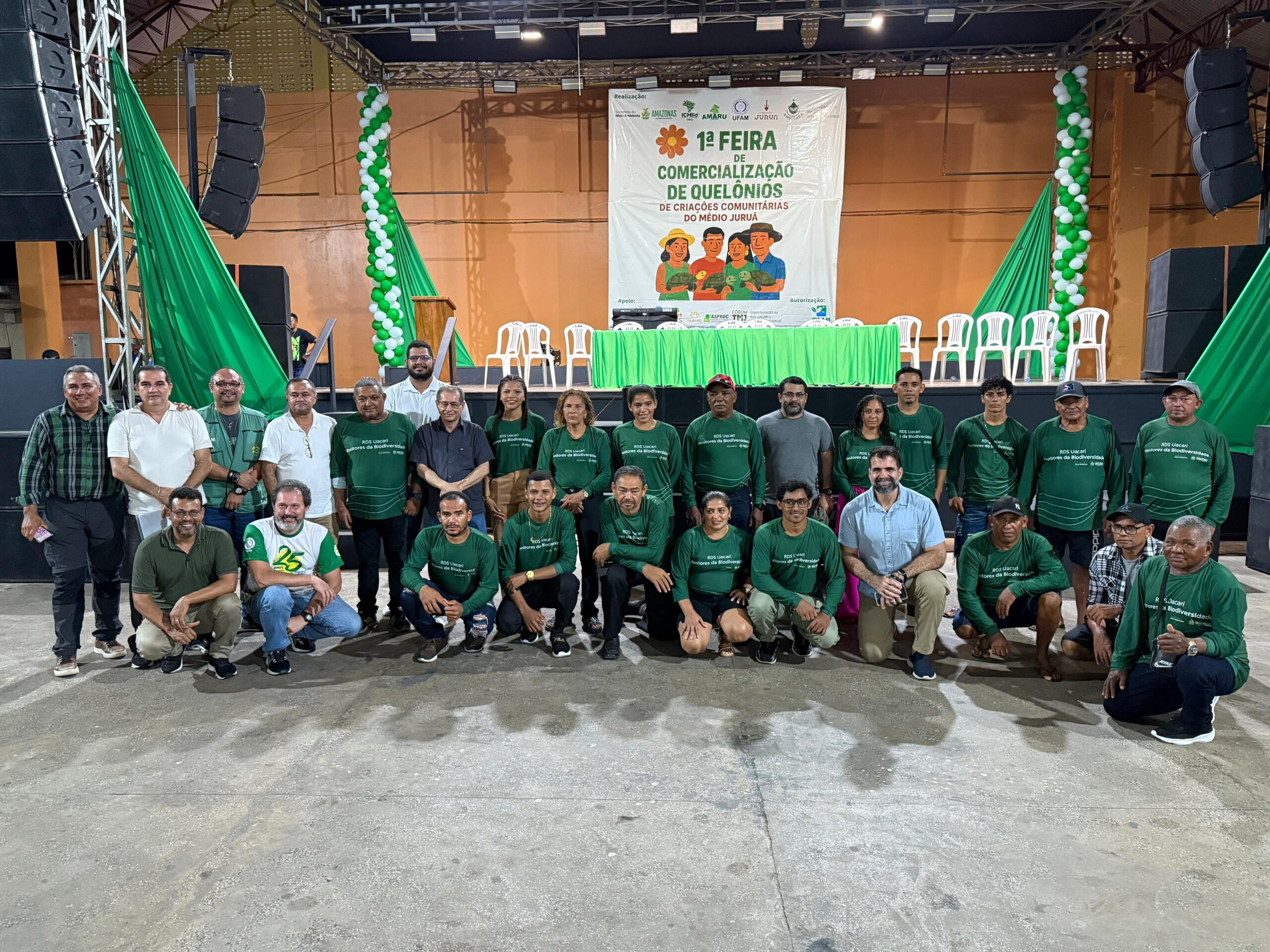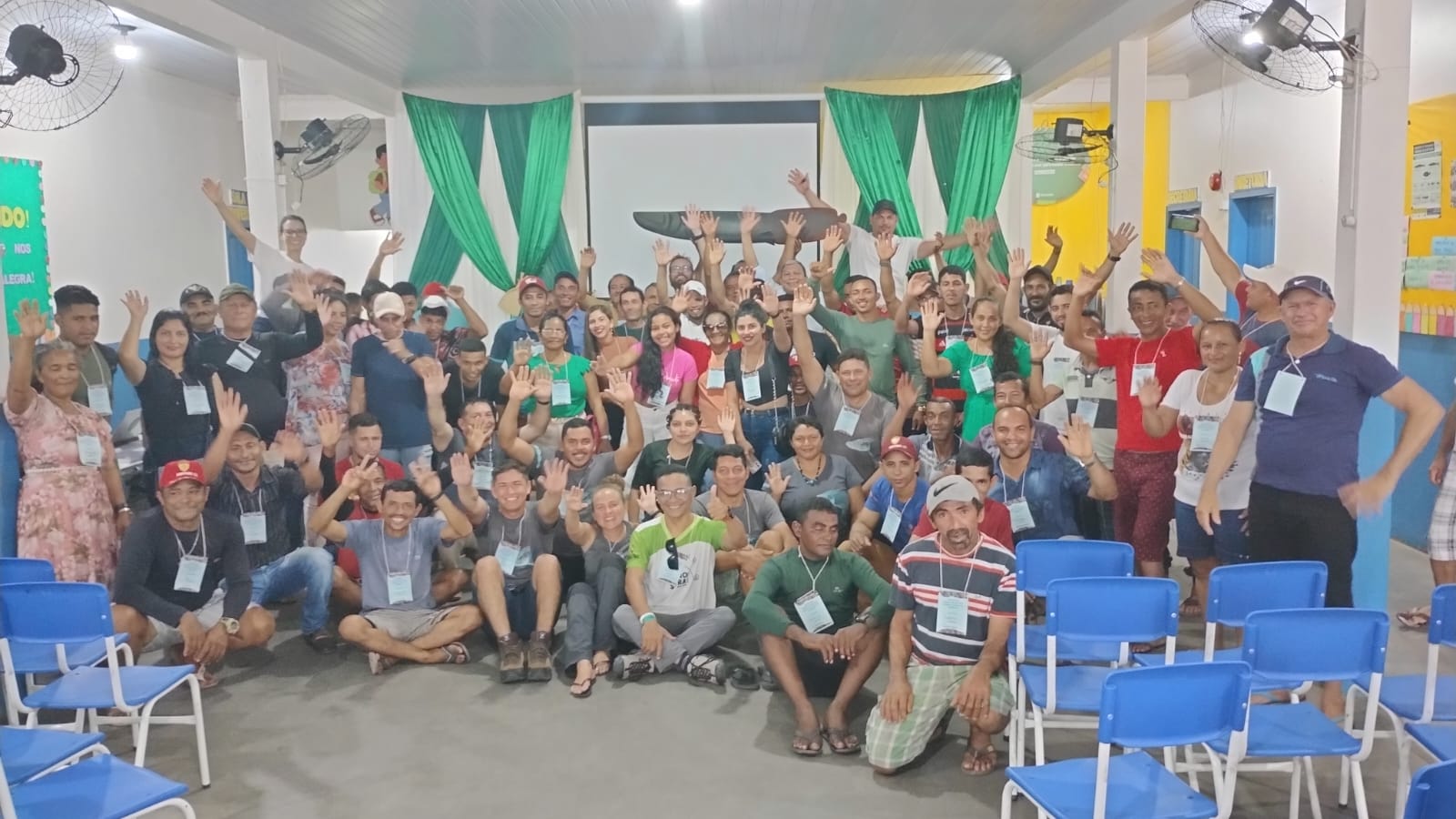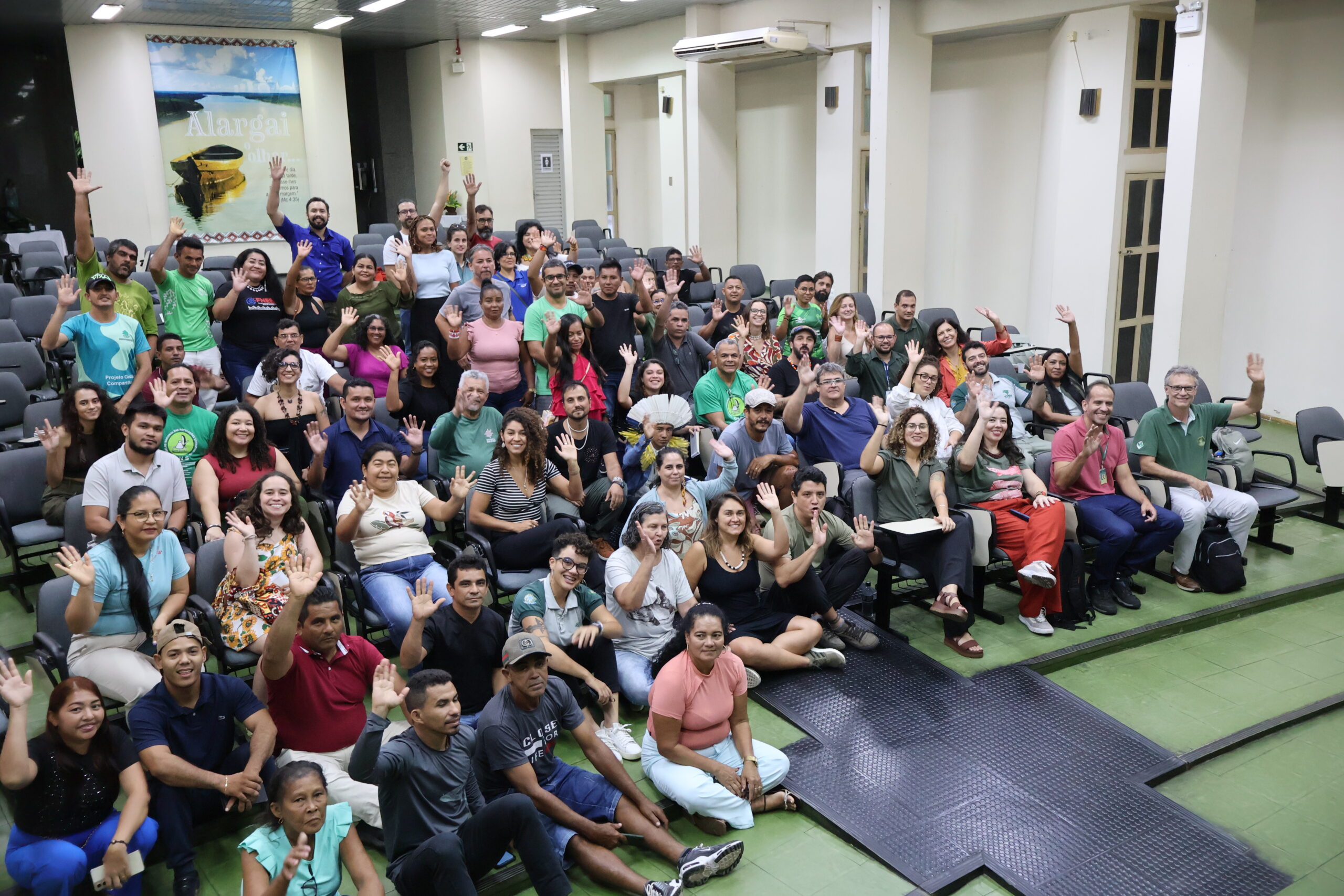
Managed Pirarucu moves toward organic certification after nearly a decade of mobilization
Update to Normative Instruction No. 17 (MAPA/MMA) includes animal-based products and fulfills a long-standing demand from communities and civil society organizations By: Talita Oliveira (Native


